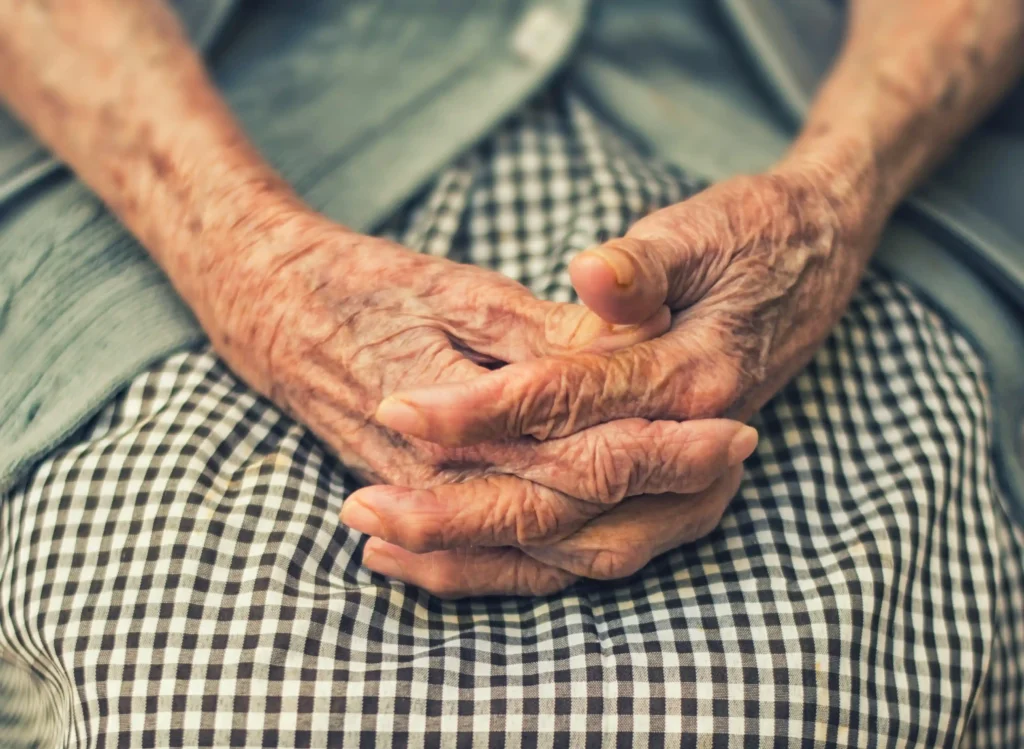617 Million people worldwide are 65 or older. As the global population ages, the demand for elderly hygiene services is on the rise. Ensuring that seniors maintain proper hygiene is not only crucial for their health and well-being but also has significant economic implications. In this article, we will explore the cost-effectiveness of elderly hygiene services and highlight five key things you need to know.
1. Preventive Health Benefits
One of the primary reasons elderly hygiene services are cost-effective is their role in preventive healthcare. Proper hygiene practices can prevent a range of health issues, including skin infections, dental problems, and urinary tract infections. These conditions, if left untreated, can lead to more severe health complications that require expensive medical treatments and hospitalizations. For instance, regular bathing and skin care can prevent pressure ulcers, a common issue among bedridden seniors. Treating pressure ulcers can be costly, involving long-term wound care and potential surgical interventions. By investing in regular hygiene services, these costly medical treatments can be avoided, leading to significant savings for both individuals and healthcare systems.
2. Enhanced Quality of Life
Elderly hygiene services contribute to an enhanced quality of life for seniors. Feeling clean and well-groomed can boost self-esteem and mental well-being, reducing the risk of depression and anxiety. Mental health is closely linked to physical health, and happier seniors are often healthier seniors. Moreover, maintaining good hygiene can improve social interactions. Seniors who feel confident in their appearance are more likely to engage in social activities, reducing feelings of isolation and loneliness. Social engagement is crucial for mental health and can prevent cognitive decline, further reducing healthcare costs associated with mental health issues.
3. Reduced Caregiver Burden
Family members and caregivers often bear the responsibility of ensuring that elderly individuals maintain proper hygiene. This can be a physically and emotionally demanding task, leading to caregiver burnout. Professional hygiene services can alleviate this burden, allowing caregivers to focus on other aspects of care and improving their overall well-being. By reducing caregiver stress, professional hygiene services can also prevent the need for additional healthcare services for caregivers themselves. Burnout and stress can lead to health issues such as hypertension, depression, and anxiety, which can be costly to treat. Therefore, investing in elderly hygiene services indirectly contributes to the health and well-being of caregivers, making it a cost-effective solution.
4. Prevention of Hospital Readmissions
Hospital readmissions are a significant cost driver in healthcare systems. Poor hygiene can lead to infections and other health complications that result in hospital readmissions. For example, inadequate oral hygiene can lead to pneumonia, a common cause of hospital readmissions among the elderly. By ensuring that seniors receive regular hygiene care, the risk of infections and other complications is reduced, leading to fewer hospital readmissions. This not only saves on the direct costs of hospital stays but also reduces the strain on healthcare resources, making the system more efficient and cost-effective.
5. Long-term Savings
While the upfront cost of elderly hygiene services may seem high, the long-term savings are substantial. Preventing health issues through regular hygiene care reduces the need for expensive medical treatments and long-term care. For example, preventing a single case of sepsis, which can result from untreated infections, can save thousands of dollars in medical costs. Additionally, maintaining good hygiene can prolong the independence of elderly individuals, delaying the need for assisted living or nursing home care. The cost of these long-term care facilities is significantly higher than the cost of regular hygiene services. By keeping seniors healthy and independent, families and healthcare systems can save substantial amounts of money in the long run.

Conclusion
Investing in elderly hygiene services is a cost-effective strategy that offers numerous benefits. From preventing health issues and enhancing the quality of life to reducing caregiver burden and preventing hospital readmissions, the advantages are clear. While the initial costs may seem high, the long-term savings and improved well-being of seniors make it a worthwhile investment. By understanding the cost-effectiveness of elderly hygiene services, families, caregivers, and healthcare providers can make informed decisions that benefit both the elderly and the broader healthcare system. Ensuring that seniors maintain proper hygiene is not just a matter of health and dignity; it is also a smart financial decision that can lead to significant savings and improved quality of life for all involved.
Keywords: Elderly hygiene services, cost-effectiveness, preventive healthcare, quality of life, caregiver burden, hospital readmissions, long-term savings, senior care, healthcare costs, mental well-being.
By focusing on these five key aspects, we can appreciate the true value of elderly hygiene services and advocate for their inclusion in comprehensive care plans for seniors. Proper hygiene is a fundamental aspect of health and well-being, and its cost-effectiveness makes it an essential component of elder care.
Like this content?
Read the following article: Pros Of Elderly Sanitation: 6 Things You Need to Know
*ALL images in this post were sourced and licensed from Unsplashed.com









 The 2024 virtual Men’s Round Table will be held Q4, 2024, date TBD.
The 2024 virtual Men’s Round Table will be held Q4, 2024, date TBD.













